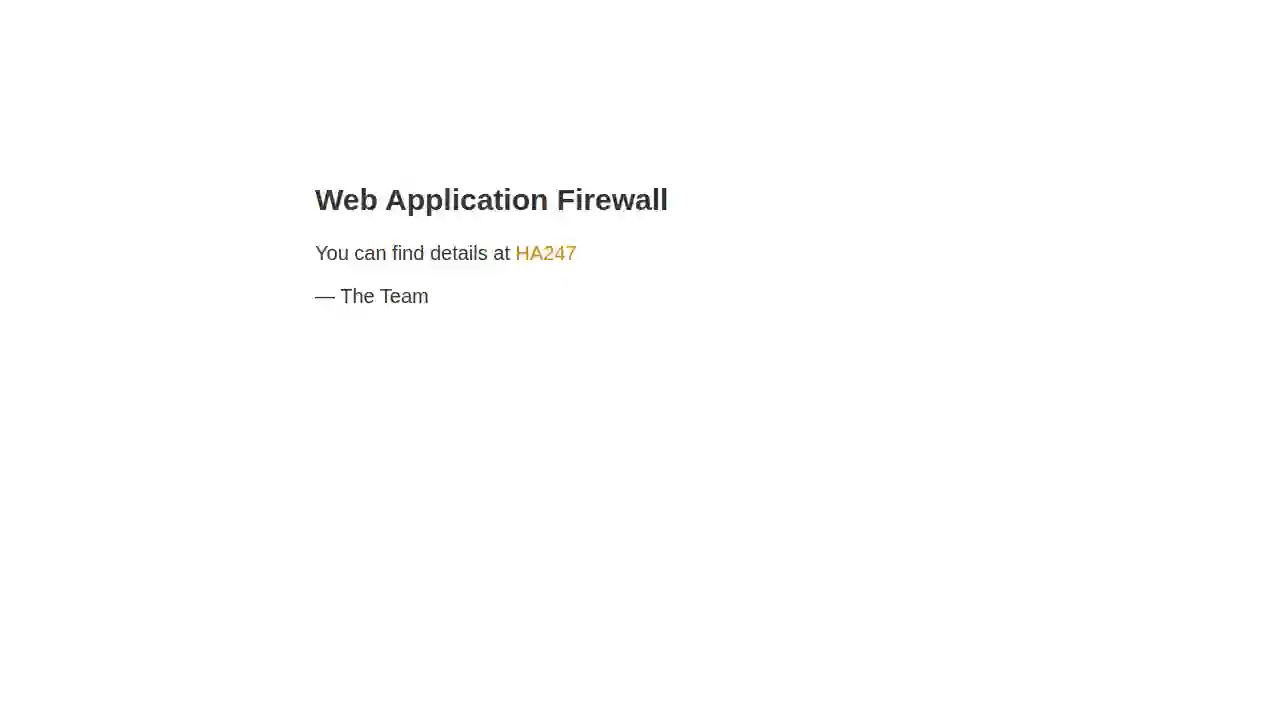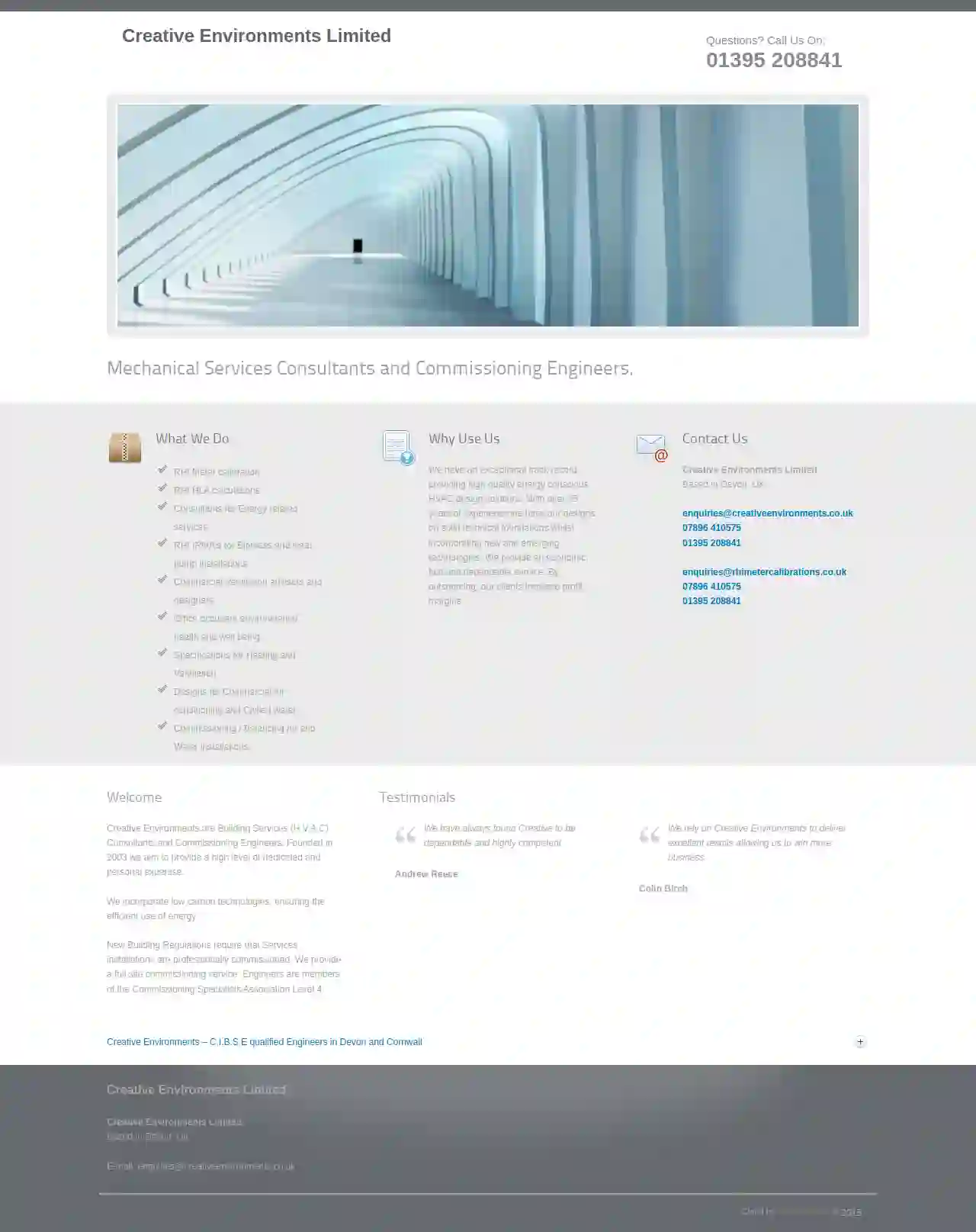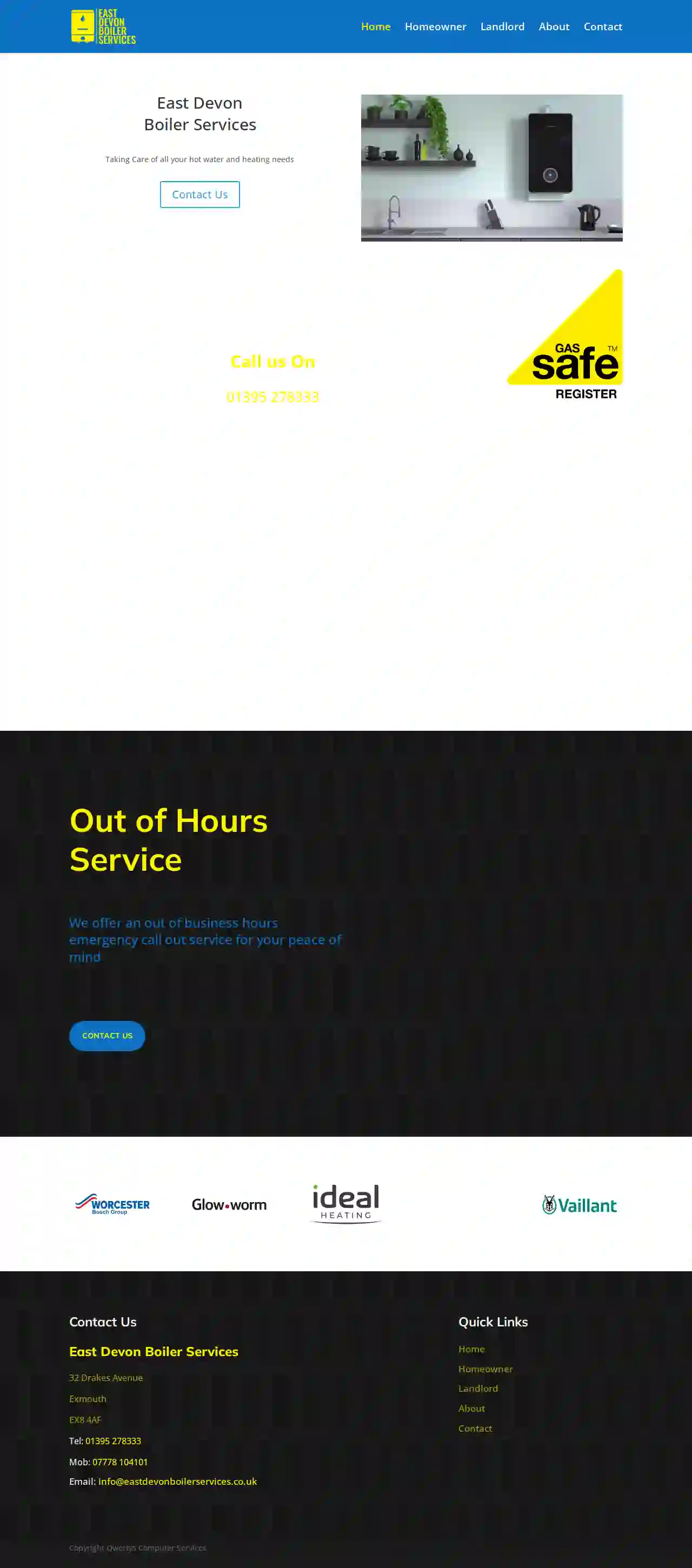Furnace Repair Exmouth
Best Furnace Repair in Exmouth
Receive up to 3 Heating Repair quotes for your project today! Compare profiles, reviews, accreditations, portfolio, etc... and choose the best deal.

Gas Call
52 reviews100 London Road, Southend-on-Sea, SS0 9AA, GBGas Call is a family-run business with over 20 years of experience in the gas industry. We are fully qualified and insured, and we pride ourselves on providing a reliable and efficient service. We offer a wide range of gas services, including boiler installations, repairs, and servicing. We also offer a 24/7 emergency call-out service. Our team of experienced engineers is dedicated to providing our customers with the highest quality service. We are committed to safety and compliance with all relevant regulations. We are also members of Gas Safe Register, which is the official gas safety register in the UK. We are a local business, and we are proud to serve our community. We offer competitive prices and a friendly, professional service. We are always happy to answer any questions you may have about our services.
- Services
- Why Us?
- Accreditations
Get Quote
Creative Environments Limited
1GBCreative Environments are Building Services (H.V.A.C) Consultants and Commissioning Engineers. Founded in 2003 we aim to provide a high level of dedicated and personal expertise. We incorporate low carbon technologies, ensuring the efficient use of energy. New Building Regulations require that Services installations are professionally commissioned. We provide a full site commissioning service. Engineers are members of the Commissioning Specialists Association Level 4. Based in Devon, UK
- Services
- Why Us?
- Testimonials
- Gallery
Get Quote
East Devon Boiler Services
132 Drakes Avenue, Exmouth, EX8 4AF, GBWe are a local fully insured gas safe registered heating company based in Exmouth, covering East Devon and beyond. With over 30 years’ experience in the domestic gas industry, we specialise in servicing, repairs and installation of domestic natural gas boilers, vented and unvented hot water cylinders and their controls.
- Services
- Why Us?
- Gallery
Get Quote
Over 1,991+ HVAC Companies onboarded
Our HVAC experts operate in Exmouth & surrounding areas!
HVACCompaniesHub has curated and vetted Top HVAC Contractors in Exmouth. Find the most reliable business today.
Frequently Asked Questions about Furnace Repair
- Lack of power: Check the circuit breaker to ensure the furnace is receiving power. A tripped breaker is a common and easily resolved problem.
- Thermostat problems: Check that the thermostat is set correctly to 'heat' and at a temperature higher than the current room temperature. Replace batteries if the display is blank or not working. Try resetting the thermostat or replacing the batteries. If that doesn't solve the problem, the thermostat may need to be replaced.
- Clogged air filter: A dirty air filter can cause many problems. Try replacing the filter.
- Ignition problems: The igniter or pilot light (in older furnaces) is responsible for lighting the burners. In newer furnaces, electronic ignition systems control this process and should be checked if there are problems.
- Blower motor issues: The blower motor circulates air through the furnace and ductwork. A faulty motor can prevent air from circulating properly..
- Gas supply problems (for gas furnaces): Make sure the gas supply valve to the furnace is turned on.. Check that there are no gas leaks.
- Other component failures: Other components, such as the inducer motor, capacitor, or pressure switch, might be responsible.
- Pilot light or ignition problems: In older furnaces, the pilot light needs to be lit for the burners to ignite. In newer furnaces, a faulty electronic ignition system can prevent the burners from igniting.
- Thermostat issues: An incorrectly set or malfunctioning thermostat can prevent the furnace from turning on or make it blow cold air. Check that your thermostat to ensure the system is set to 'heat' and the temperature setting is higher than the current room temperature.
- Overheating: If the furnace overheats, it could activate a limit switch. This is typically caused by a restricted airflow, often due to a dirty air filter.
- Ductwork problems: Seal any ductwork leaks to improve performance. Poorly insulated or leaky ducts can cause a variety of heating issues.
What is the difference between a single-stage and two-stage furnace?
Single-stage furnaces operate at only one output level – full capacity. This can lead to uneven heating and fluctuating bills because the furnace is either running at its maximum setting or completely off..
Two-stage furnaces can run at both low and high speed. This allows the furnace to modulate its output based on the actual heating demand, resulting in more consistent temperatures, quieter operation, and improved energy efficiency. A two-stage furnace may be a more expensive initial investment, but it can provide greater comfort and savings over time.
What causes a furnace to stop working?
Why is my furnace blowing cold air?
How often should I get my furnace inspected?
What is the difference between a single-stage and two-stage furnace?
Single-stage furnaces operate at only one output level – full capacity. This may cause temperature fluctuations and higher energy bills because the furnace is either running at its maximum setting or completely off..
Two-stage furnaces can run at both low and high speed. This allows the furnace to modulate its output based on the actual heating demand, resulting in more consistent temperatures, quieter operation, and improved energy efficiency. A two-stage furnace may be a more expensive initial investment, but it can provide greater comfort and savings over time.
What causes a furnace to stop working?
- Lack of power: Check the circuit breaker to ensure the furnace is receiving power. Make sure the power switch near the furnace is also on.
- Thermostat problems: Check that the thermostat is set correctly to 'heat' and at a temperature higher than the current room temperature. Replace batteries if the display is blank or not working. Try resetting the thermostat or replacing the batteries. If that doesn't solve the problem, the thermostat may need to be replaced.
- Clogged air filter: A dirty air filter can cause many problems. Try replacing the filter.
- Ignition problems: Issues with the igniter or pilot light can prevent the furnace from starting. A faulty igniter or pilot light may need to be cleaned or replaced..
- Blower motor issues: The blower motor is crucial to distributing warm air throughout your home. If the blower motor is broken, the furnace may not produce enough heat.
- Gas supply problems (for gas furnaces): Make sure the gas supply valve to the furnace is turned on.. Check that there are no gas leaks.
- Other component failures: Other components, such as the heat exchanger, flame sensor, control board, or limit switch, can also cause furnace malfunctions..
Why is my furnace blowing cold air?
- Pilot light or ignition problems: In older furnaces, the pilot light needs to be lit for the burners to ignite. In newer furnaces, a faulty electronic ignition system can prevent the burners from igniting.
- Thermostat issues: An incorrectly set or malfunctioning thermostat can prevent the furnace from turning on or make it cycle improperly. Check that your thermostat is set correctly and is sending a signal to the furnace to turn on.
- Overheating: If the furnace overheats, it could activate a limit switch. Overheating can also damage your furnace, so it's best to have a professional inspect the system.
- Ductwork problems: Seal any ductwork leaks to improve performance. Poorly insulated or leaky ducts can cause a variety of heating issues.